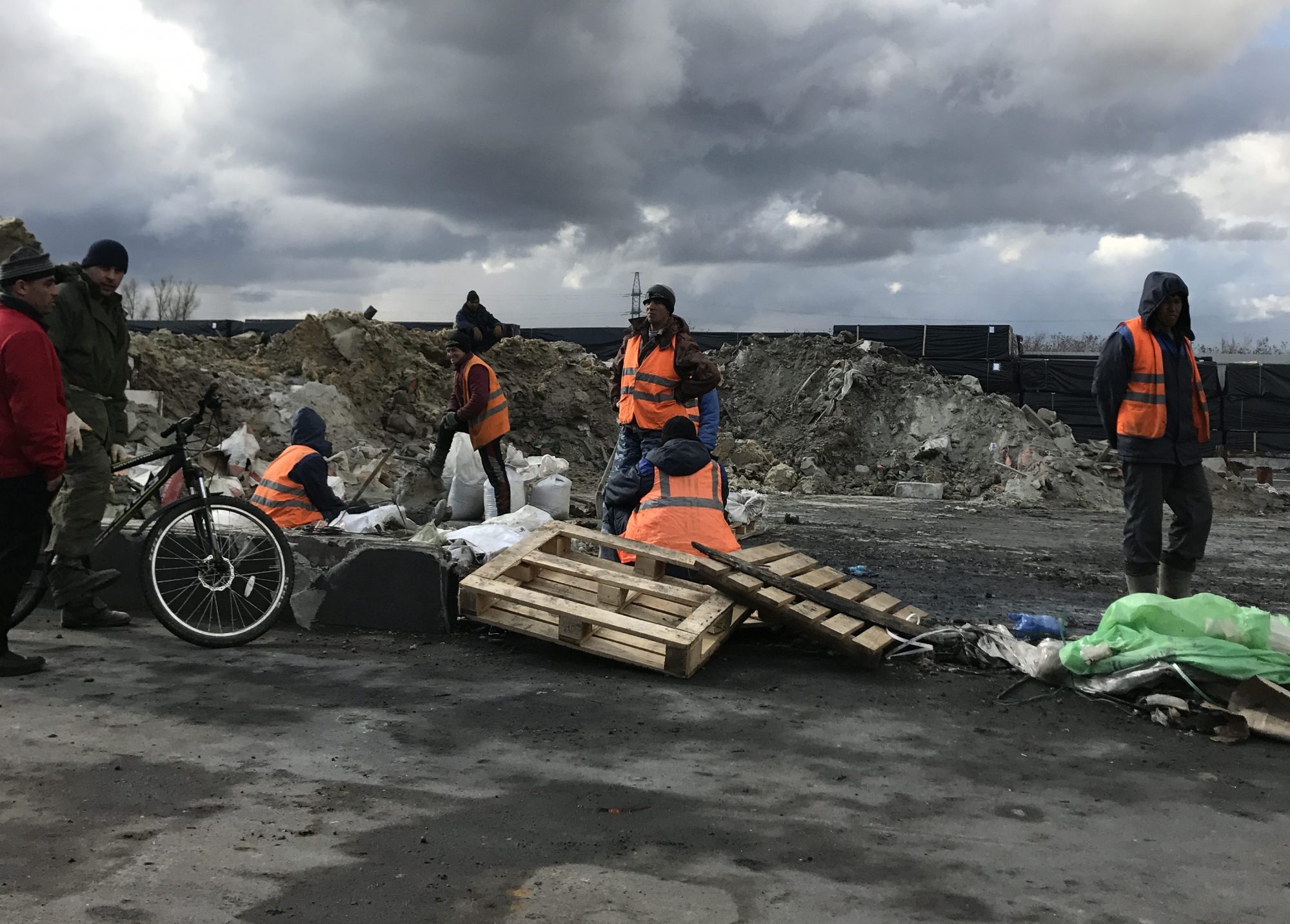Non-Western Migration Regimes is a 4-year research project funded by the European Commission H2020 MSCA-IF and University of Helsinki Three-Year Grants, and conducted at the Aleksanteri Institute, University of Helsinki in 2018-2022. The project is led by Dr. Rustamjon Urinboyev.
The overall purpose of this project is to contribute new theoretical insights and empirical material to scholarly debates on migrant legal adaptation and incorporation. The mainstream literature on migrant legal adaptation (and more generally, migration studies scholarship) is based on the case studies of immigrant communities in Western-type democracies. Yet, we know relatively little about how migrants adapt to a new legal environment in the ever-growing hybrid political regimes (“non-Western migration regimes”, broadly conceived) that are neither clearly democratic nor conventionally authoritarian. Given the differences in governance and legal cultures, we cannot assume that immigrant adaptation frameworks constructed in Western contexts equally apply within the context of hybrid political regimes, where migrants do not experience the rule-of-law and functional institutions, but rather produce new forms of informal governance and legal orders. This project argues that in hybrid regime contexts migrants are not passive entities. Rather, migrants do have agency and use that agency and the opportunities provided by a weak rule-of-law and a corrupt political system to negotiate using informal channels to access employment and other opportunities that are limited or hard to obtain in the current legal framework of the host country. These processes are investigated through a [comparative] ethnographic study of migrant legal adaptation strategies in Russia and Turkey.
